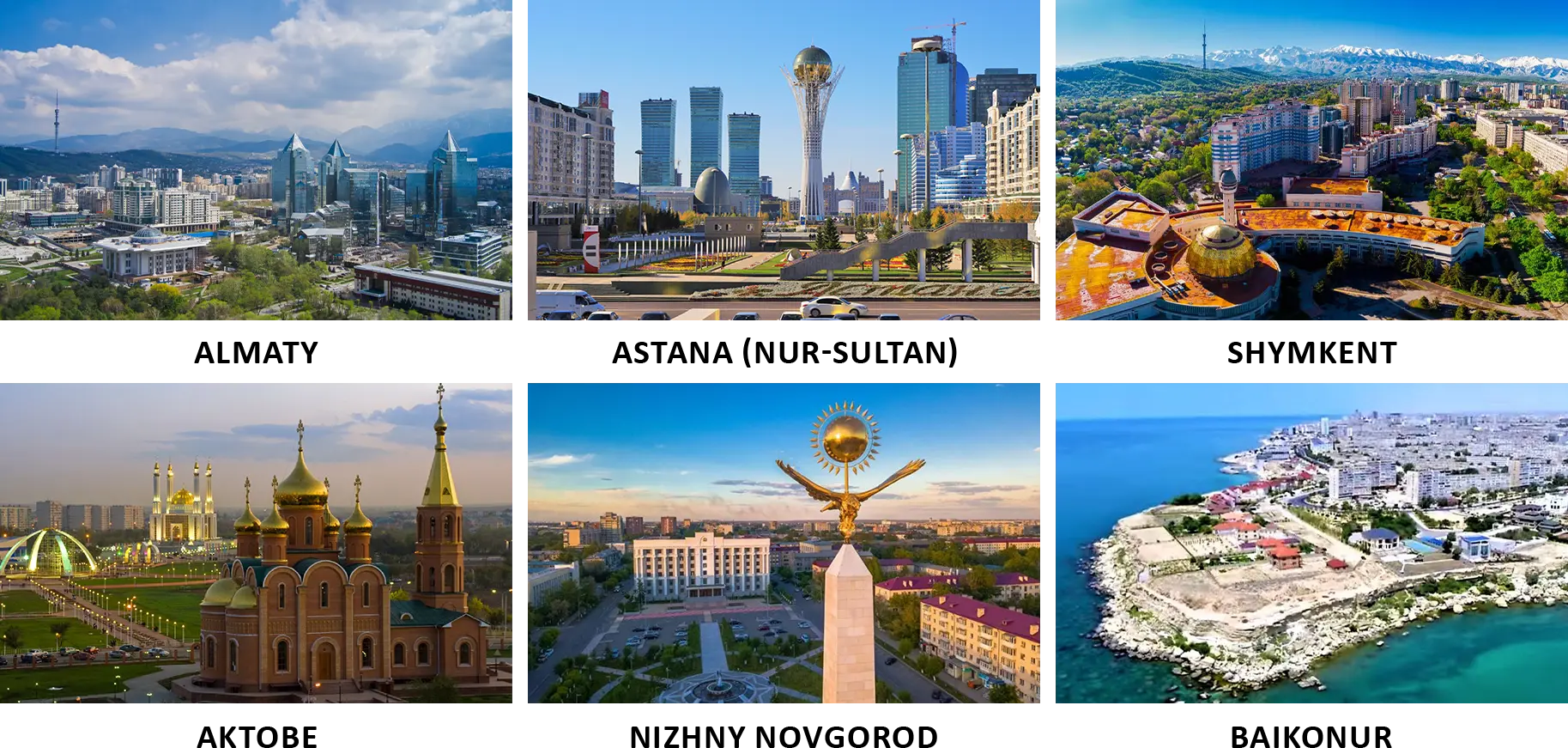ABOUT KAZAKHSTAN

Kazakhstan is a country located in Central Asia that offers excellent quality and international standards of higher education. Kazakhstan has a fair academic system, a rigorous curriculum, and a vibrant student culture. Kazakhstan is a true leader at the regional level in applying the world's best practices to academia, one of which is the recent expansion of academic freedom and university autonomy. Kazakhstan is a safe place to study with affordable tuition fees and a relatively low cost of living. Kazakhstan is ethnically diverse and welcoming to international citizens, with more than 50,000 international students enrolling in Kazakhstan’s world-ranked universities each year. Kazakhstan has five universities in the 2023 QS World University Rankings top 500, with Al-Farabi Kazakh National University being the highest ranked at 150th. Kazakhstan has unique nature, full of contrasts, including high mountains and vast steppes, diverse flora and fauna. Kazakhstan has a rich culture and values of the Great Steppe, including respect for traditions, hospitality, respect for the older generation, and responsibility for the future of children. The education system in Kazakhstan is divided into three levels: primary education, secondary education, and tertiary education. Primary and secondary education is compulsory in Kazakhstan, and students are entitled to attend a public school free of charge. Kazakhstan has a highly centralized top-down education system that leaves little political, administrative, and fiscal authority to lower levels of a clearly delineated hierarchy.



